Scotland Decides: The Independence Referendum In Photos
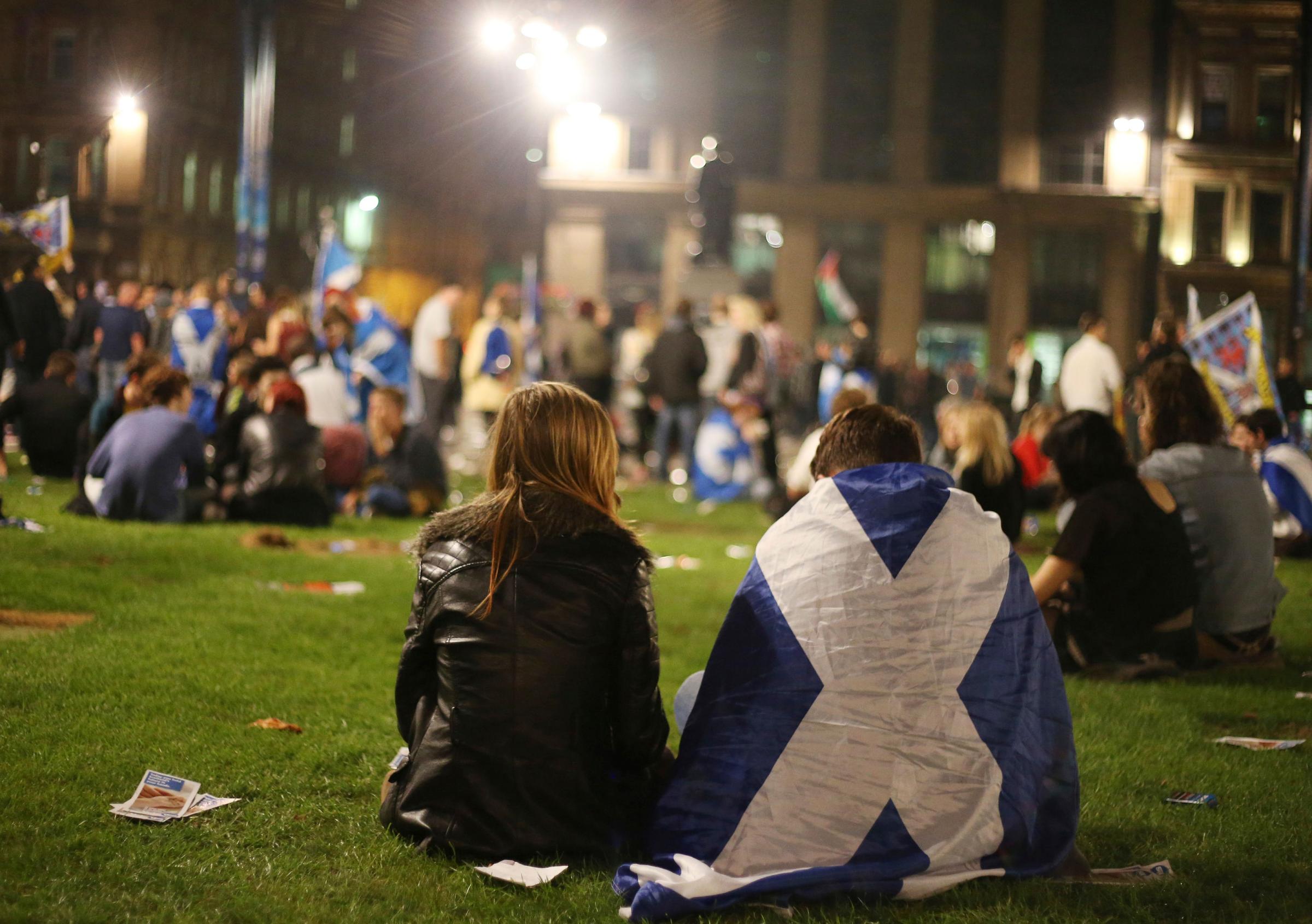
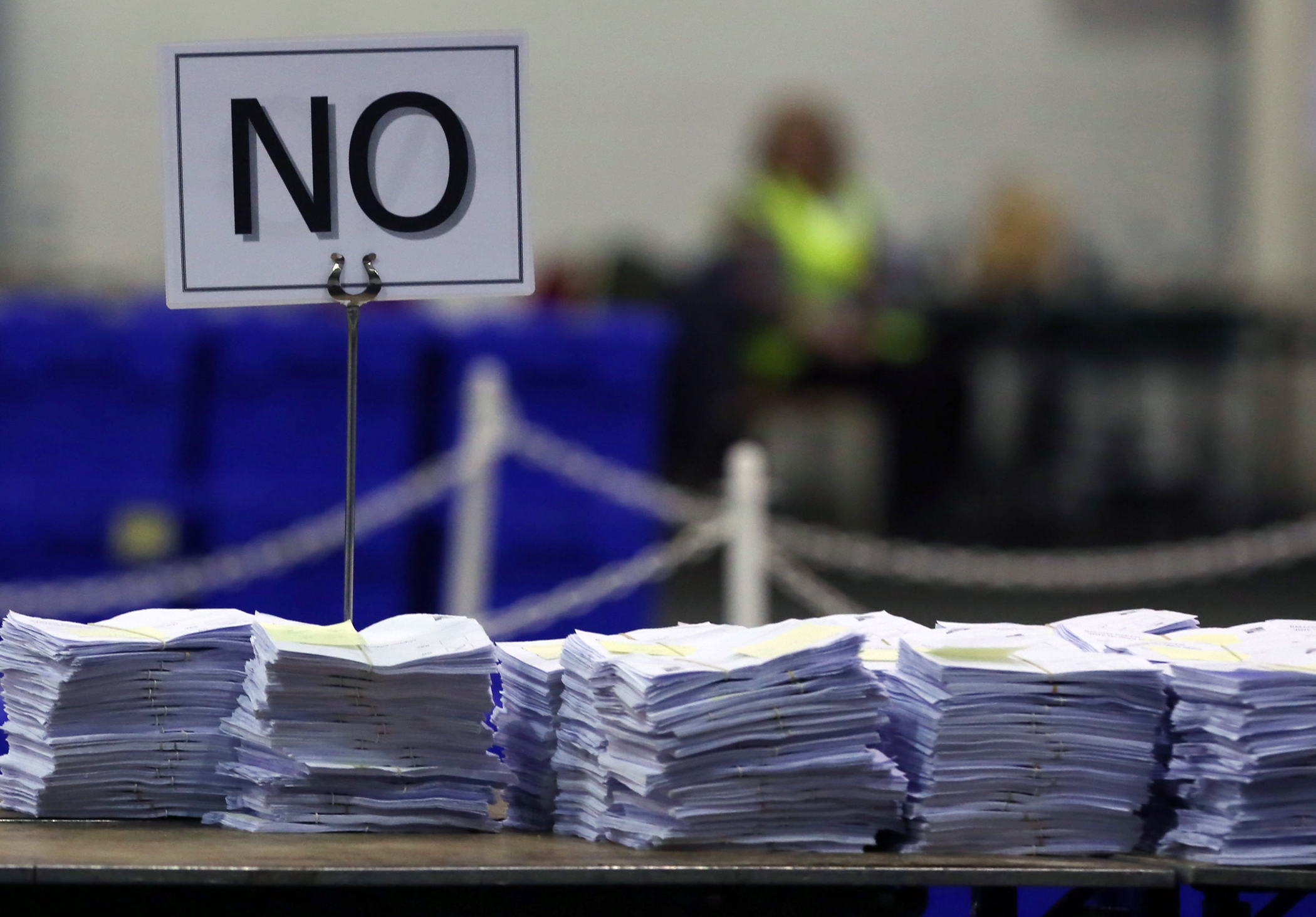
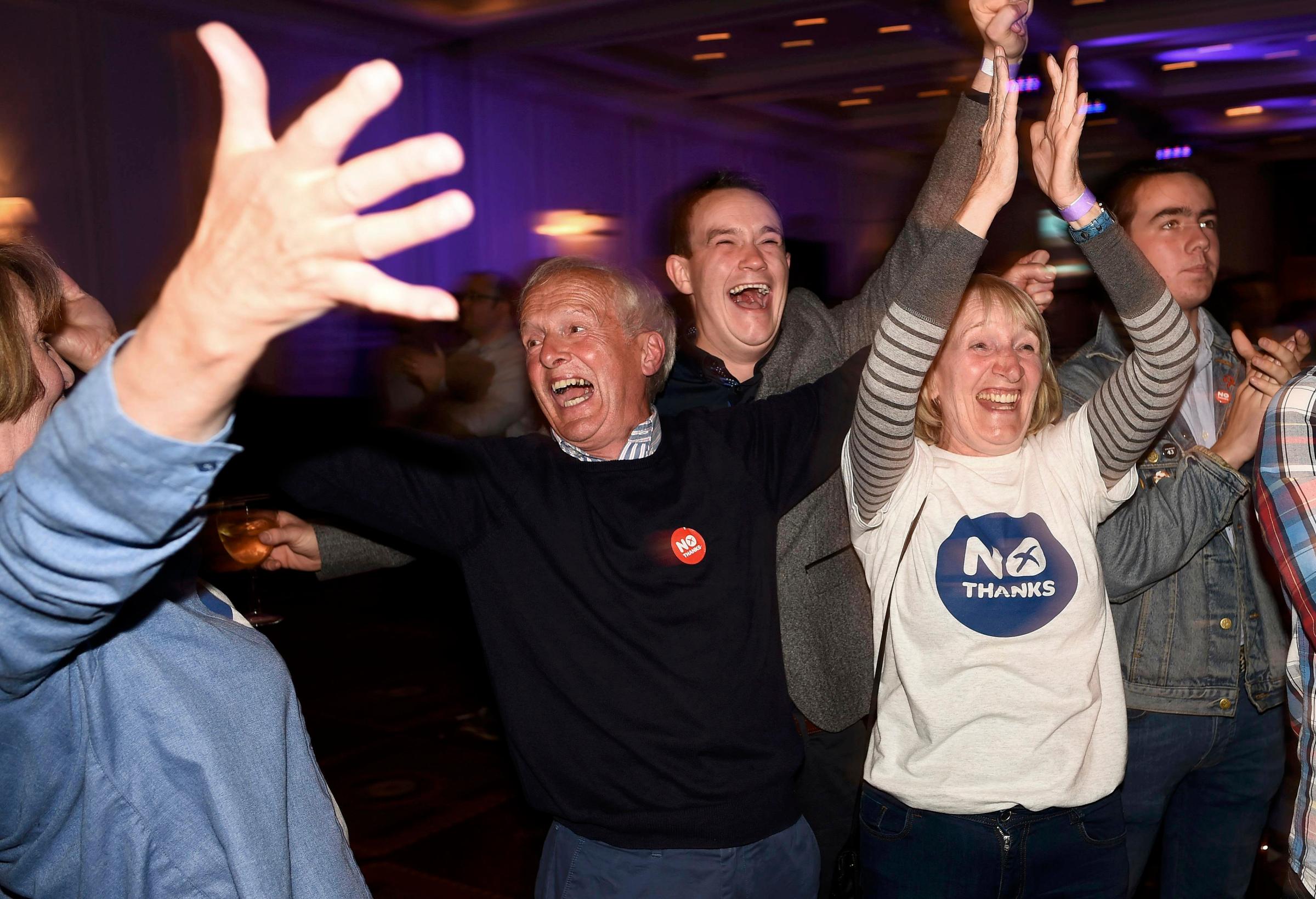
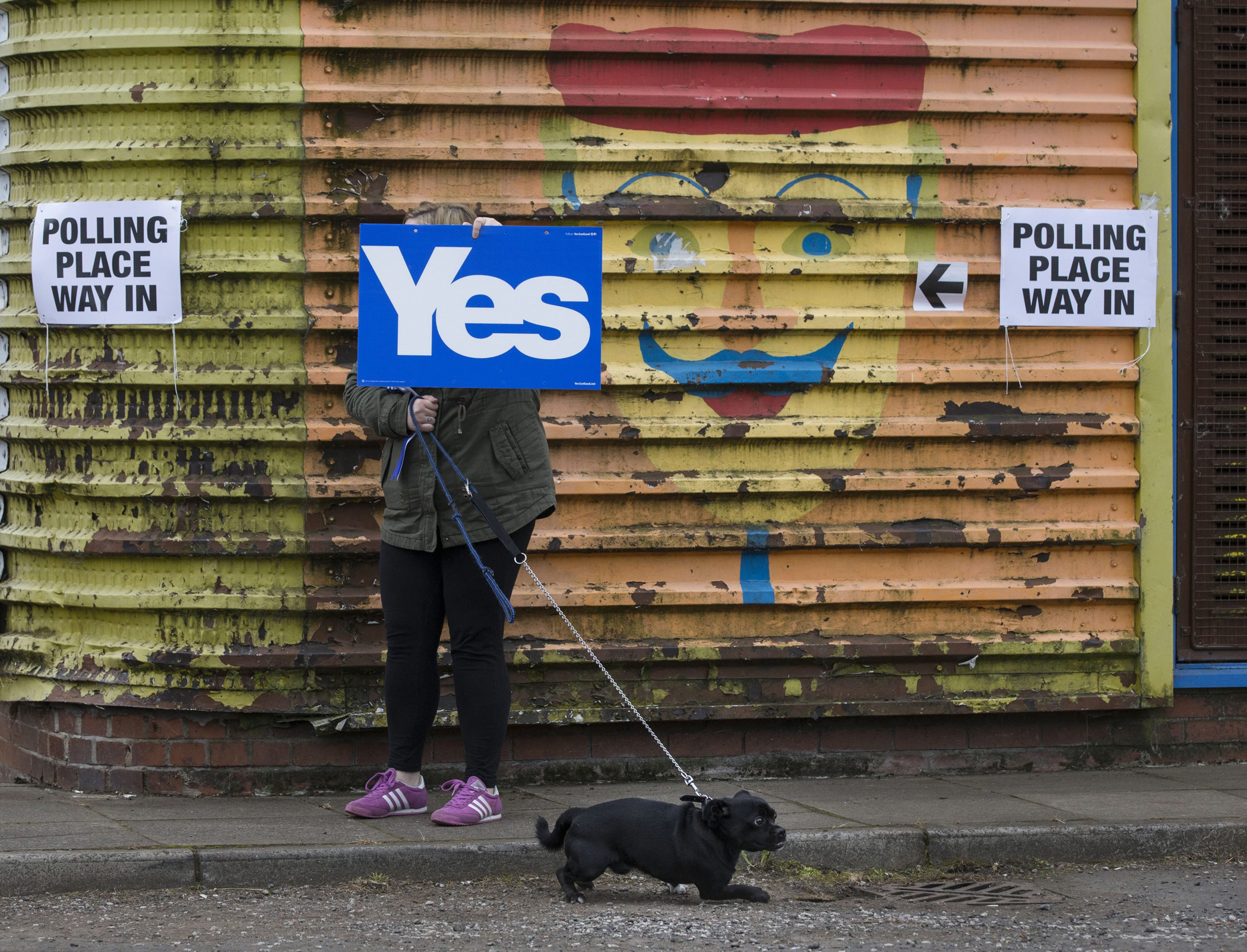
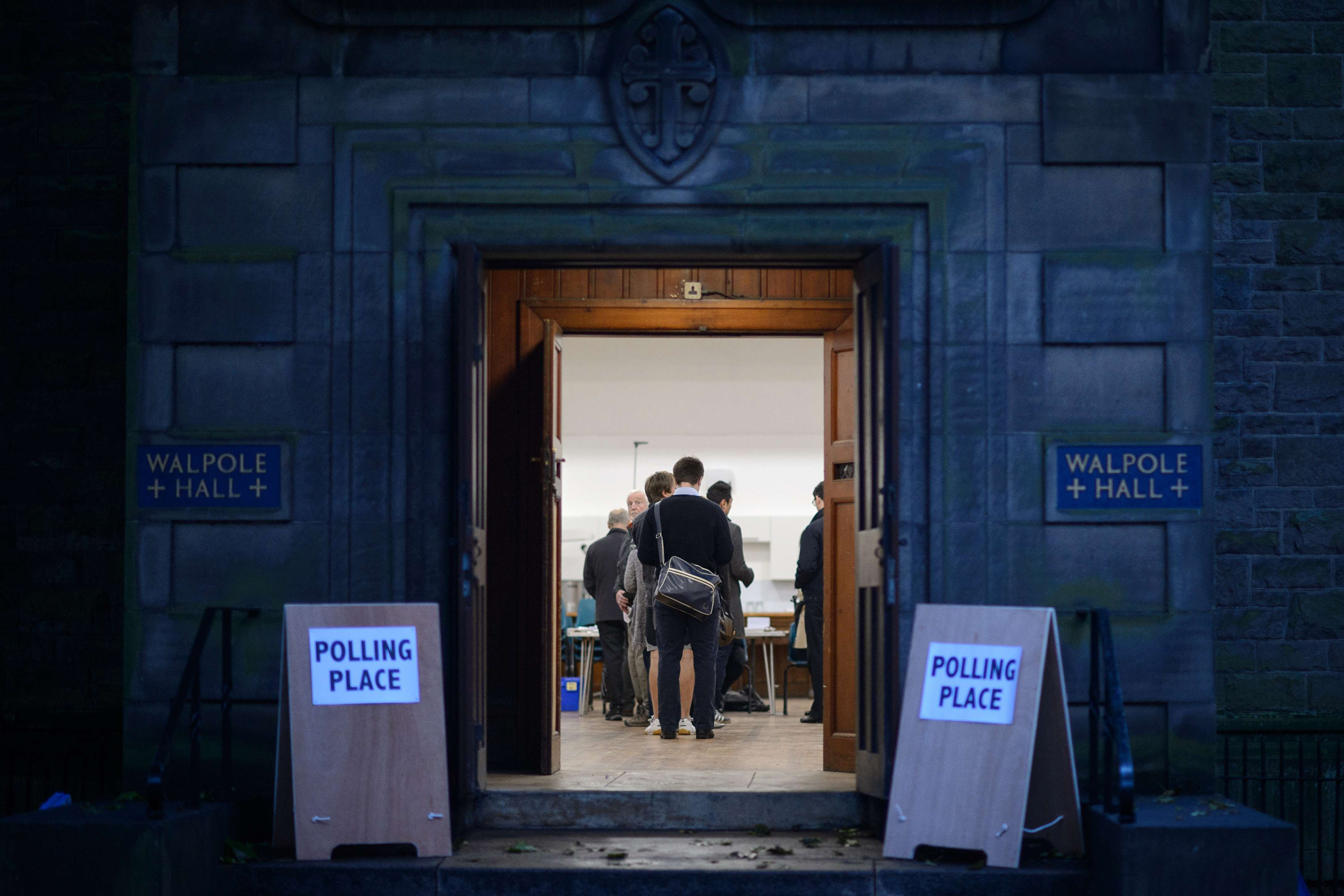
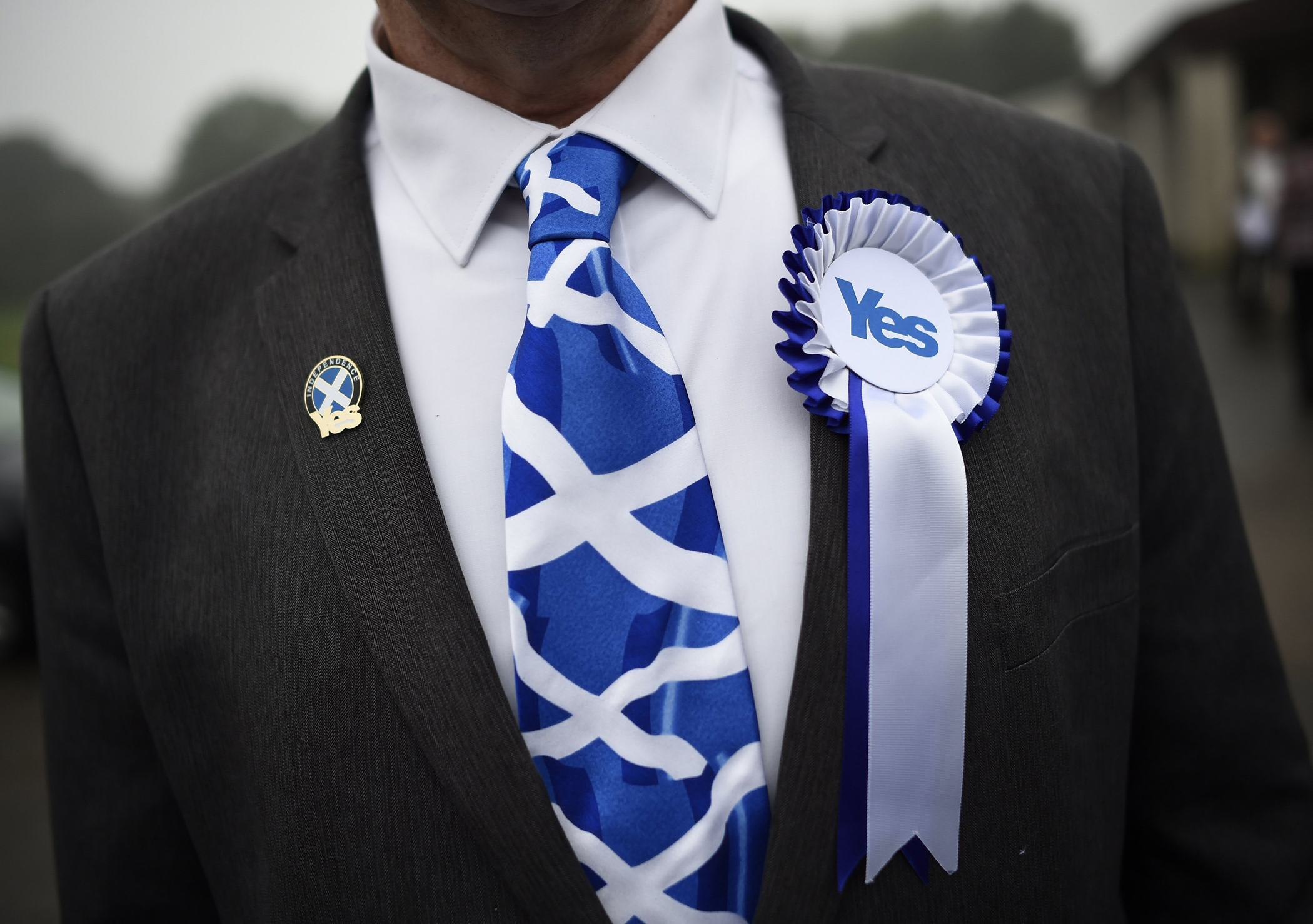
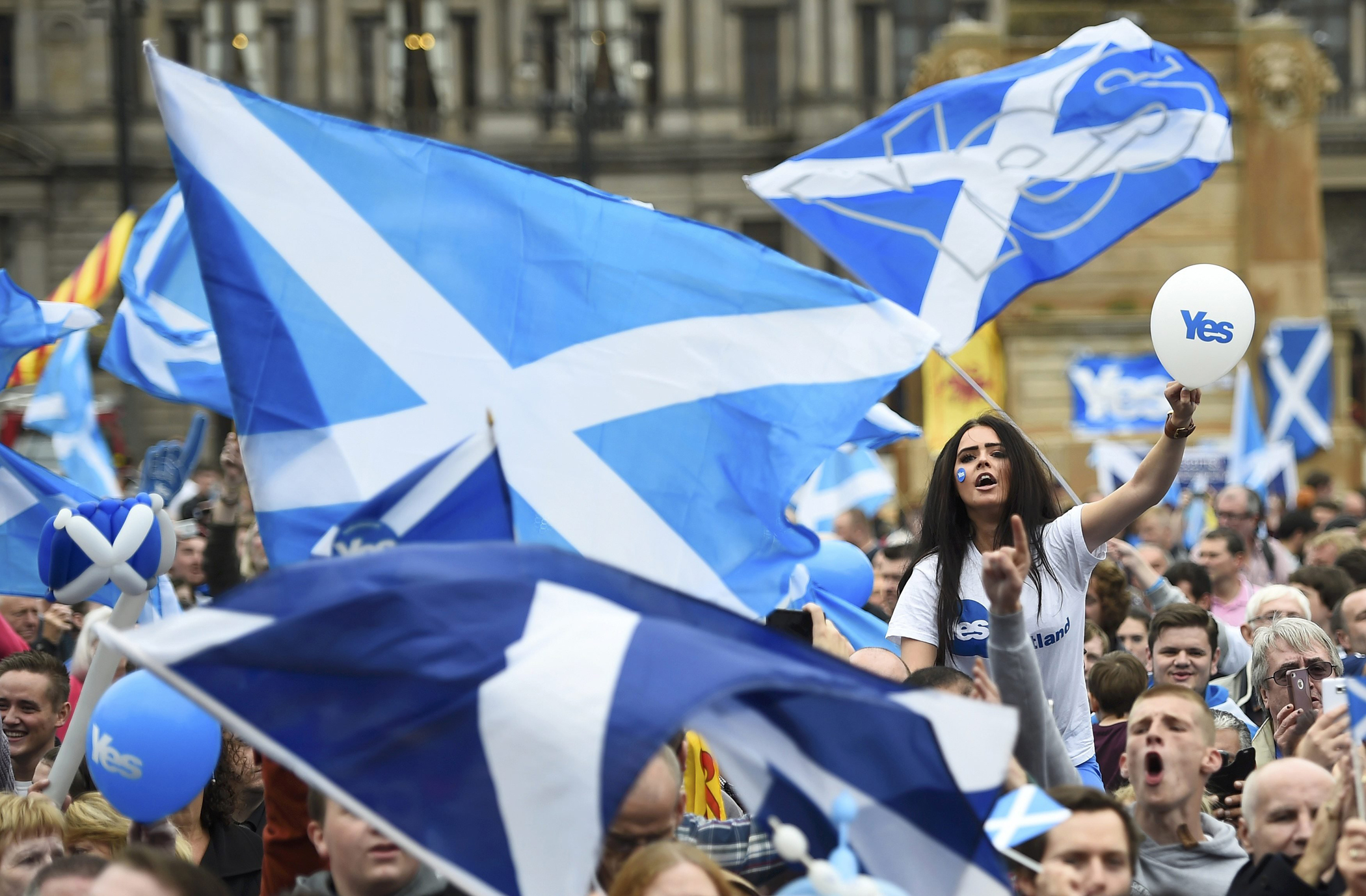
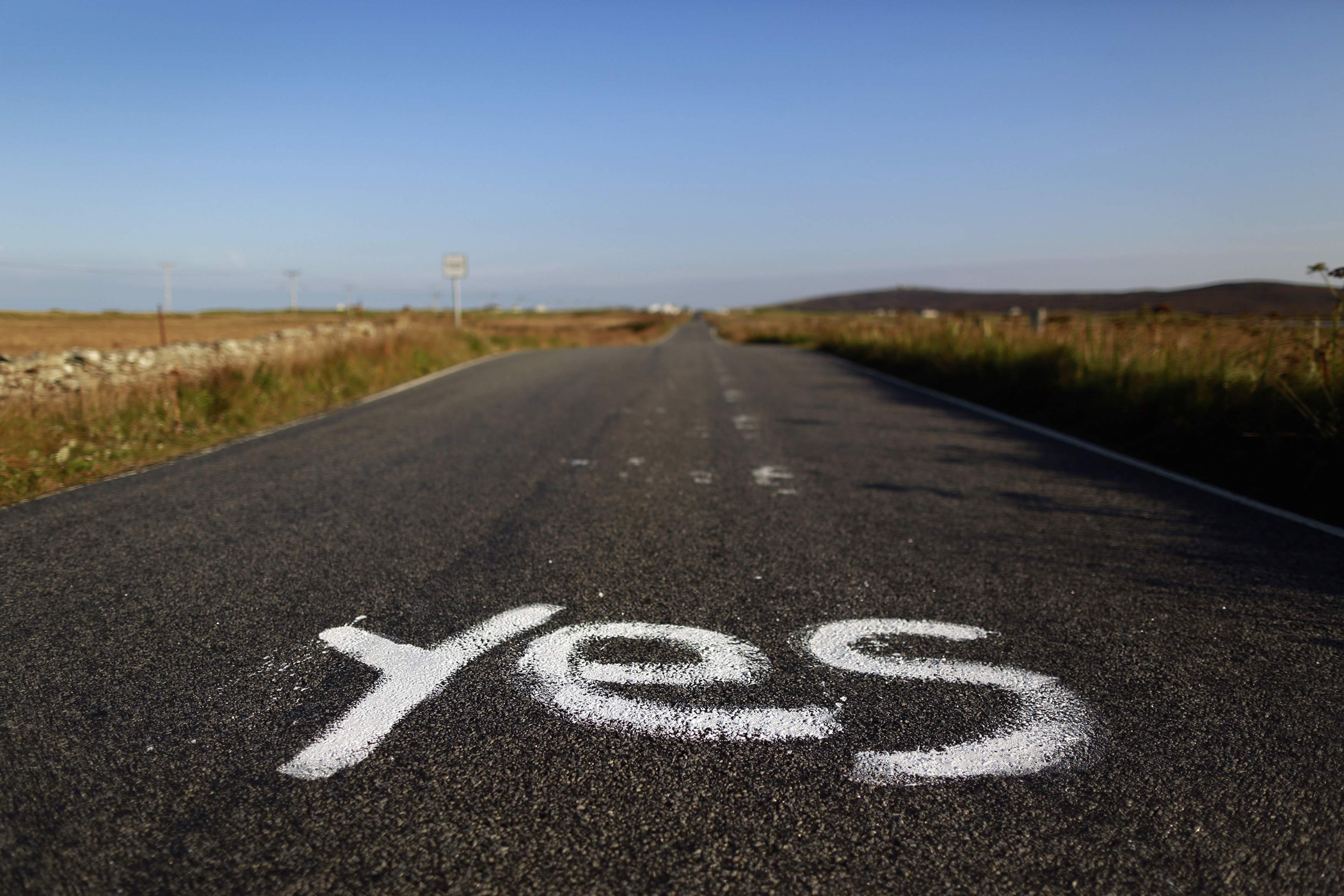
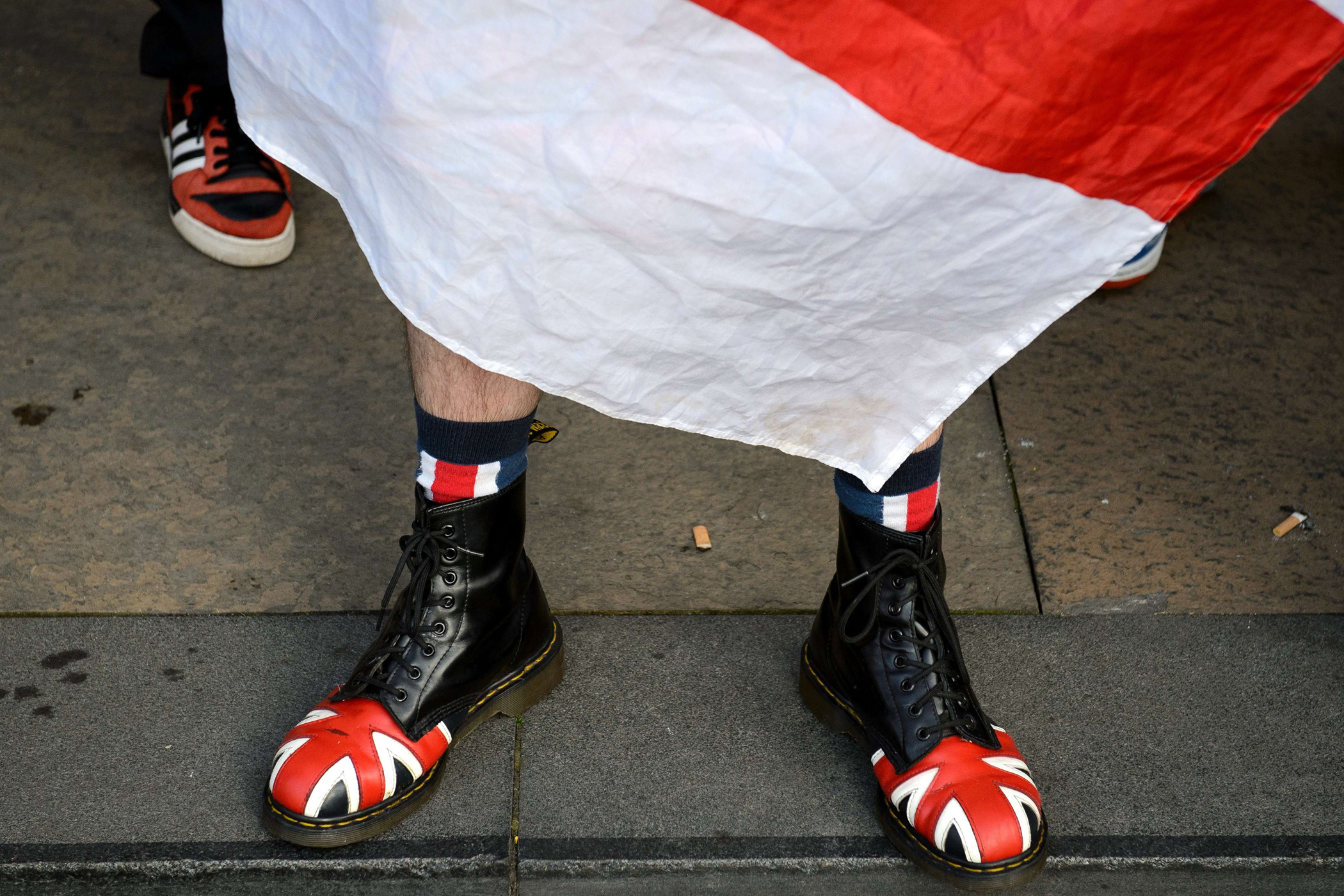

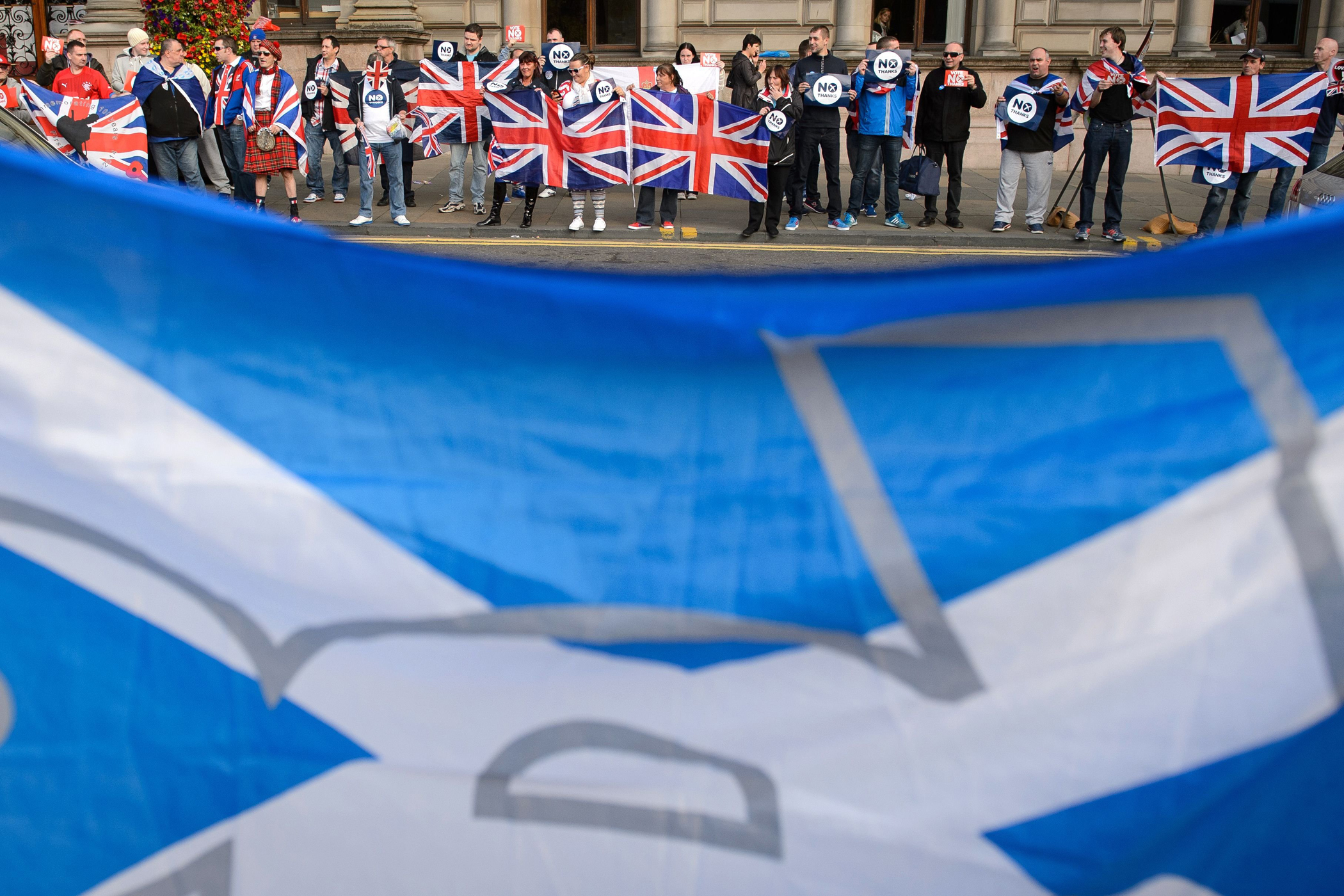
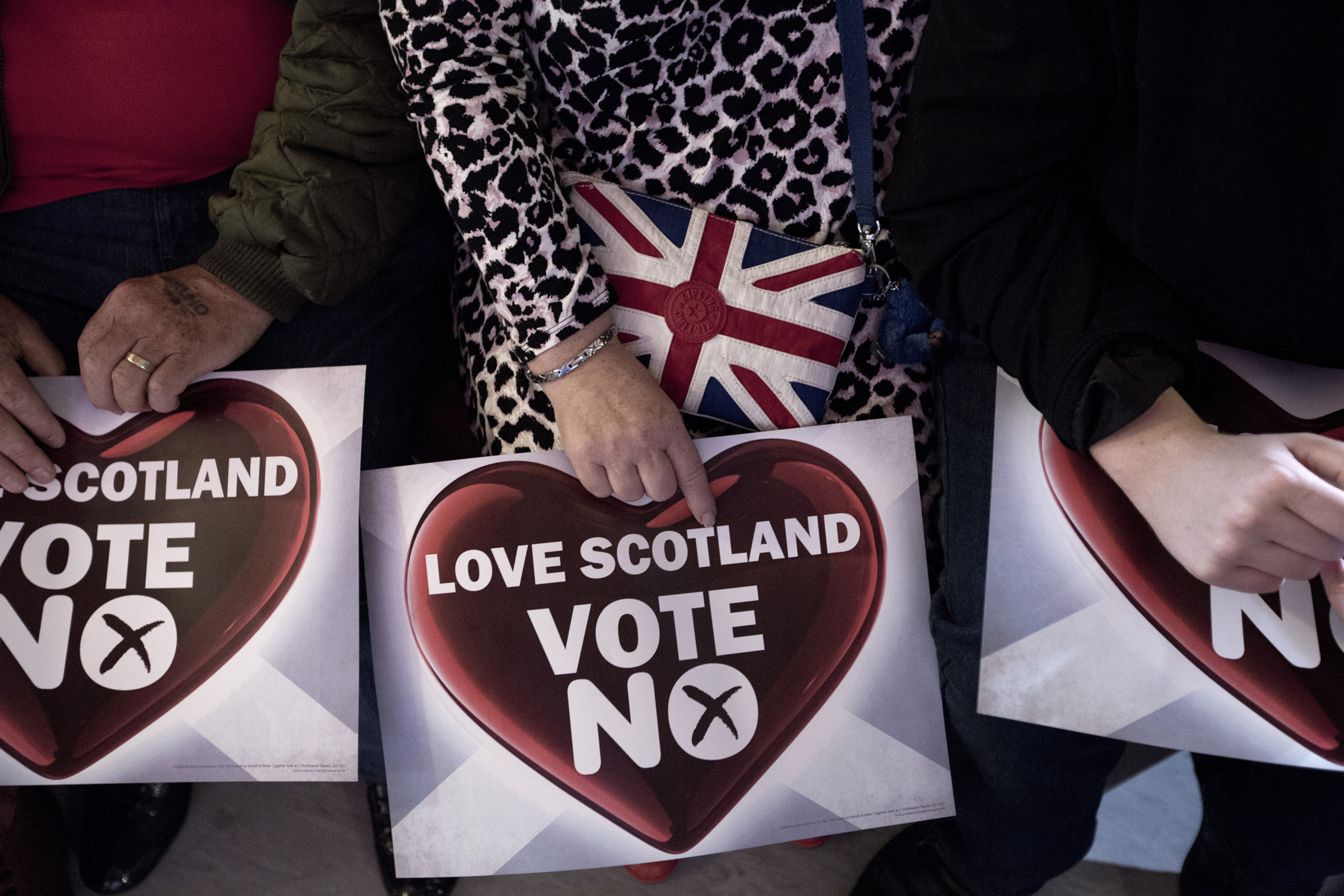
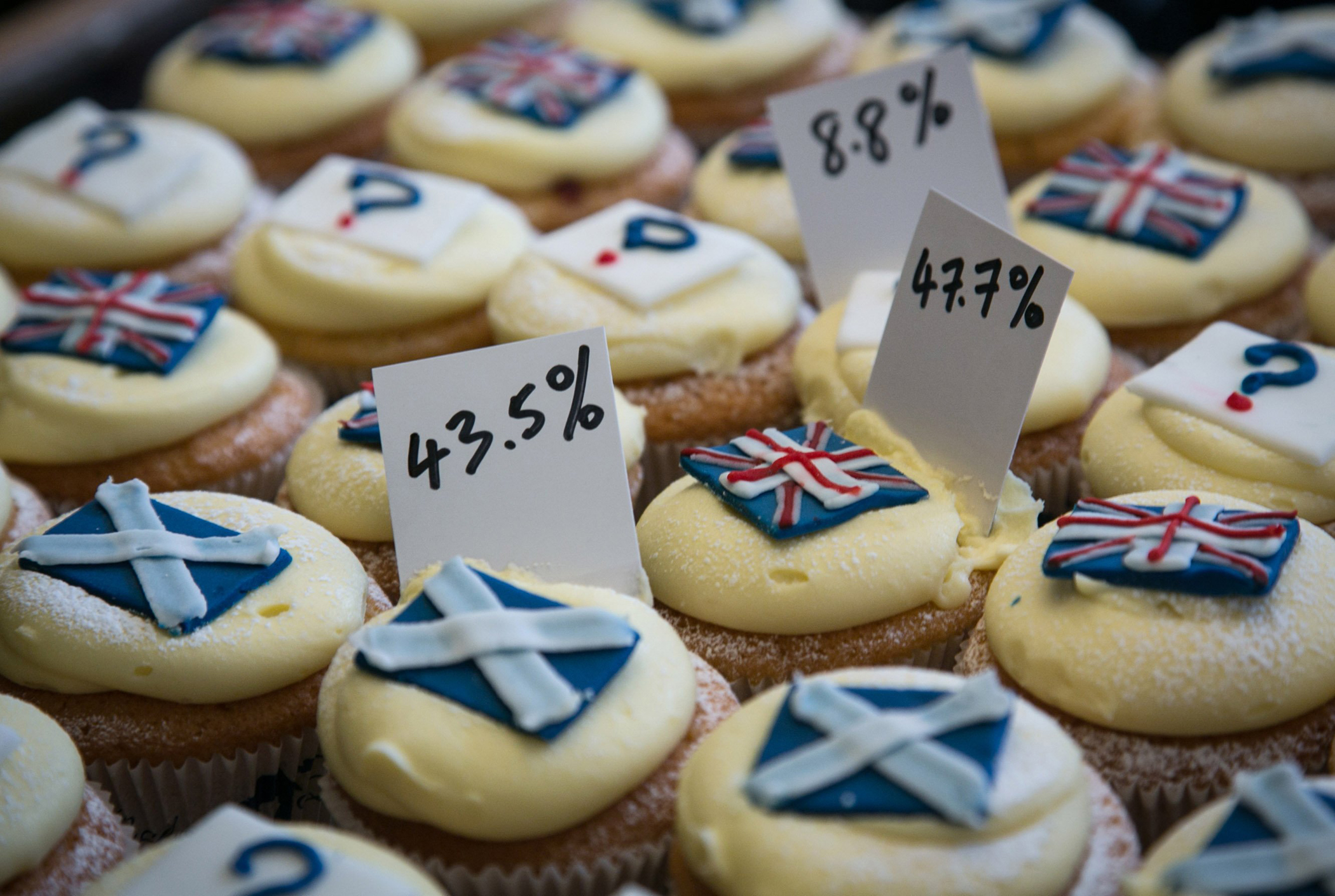
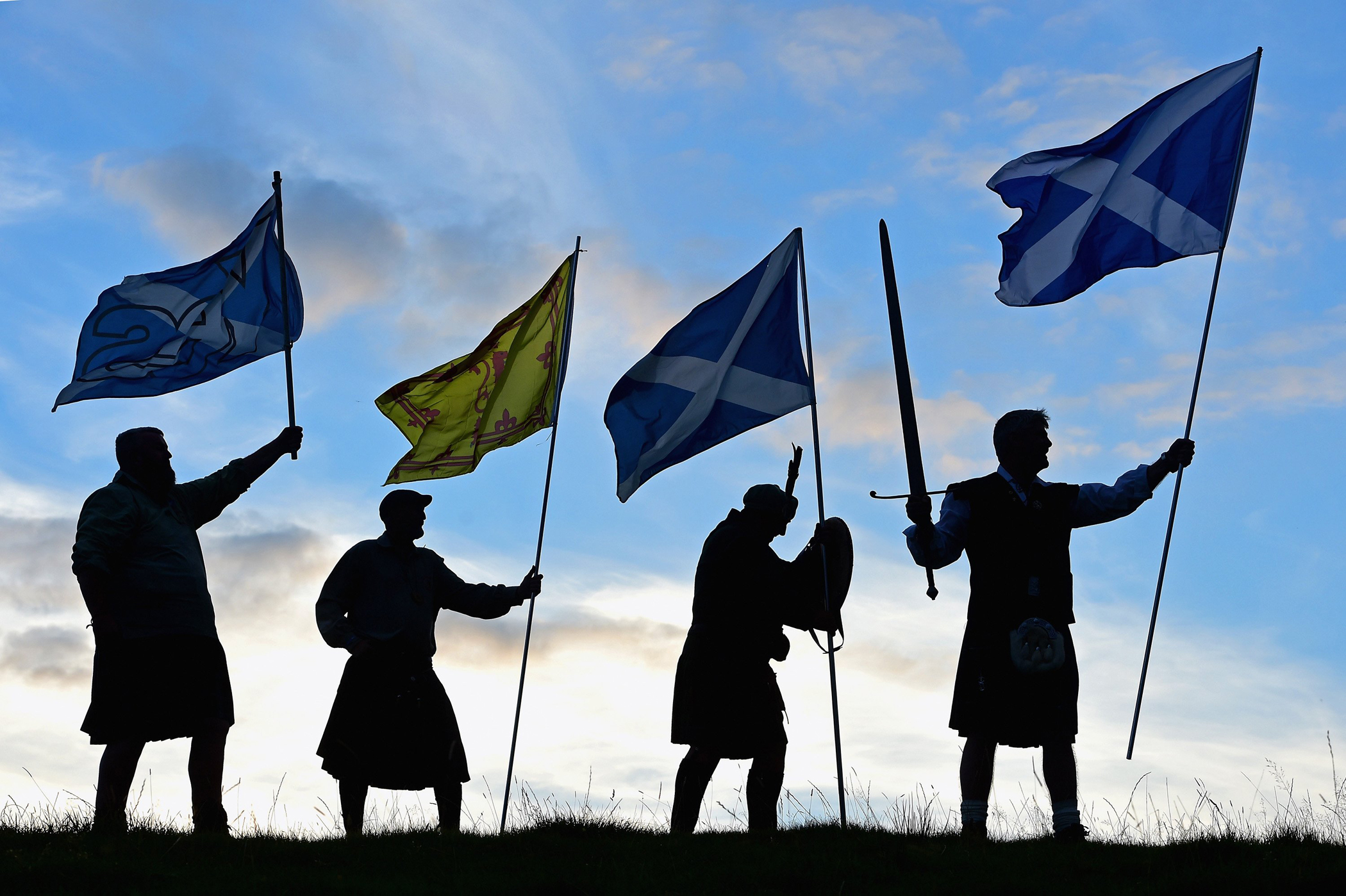
Britons are fiercely protective of their country’s taxpayer-funded National Health Service (NHS). A 2013 poll showed that, for many, it was a bigger source of pride than the armed forces or the Royal family. It is no surprise then that the future of the 66-year-old NHS has emerged as a major political flashpoint in the Scottish independence debate.
The pro-independence Yes campaign led by Alex Salmond’s Scottish National Party (SNP) claims that Westminster is moving toward healthcare privatization, which “would mean automatic cuts for Scotland’s budget.” Pro-union leaders like former British finance minister Alistair Darling, who is leading the Better Together anti-independence campaign, say the Scottish nationalists are “scaremongering.” Former Prime Minister Gordon Brown, another unionist, has vowed to “nail the SNP lies” about the potential privatization of the NHS.
So, who’s right, and what might happen to Scotland’s public hospitals and clinics after independence?
FUNDING SCOTLAND’S NHS
The NHS, though it might sound like one unified body, is in fact comprised of four independent health care systems in England, Scotland, Wales and Northern Ireland. Scotland’s NHS operates under separate management, administration and political authority since it became devolved in 1999. Westminster gives Scotland a “block grant”, a lump sum to spend on all public services, including its healthcare. If public spending is raised or cut by policymakers in England, the block grant for Scotland increases or falls correspondingly. A convention called the Barnett formula automatically adjusts the amount of overall public expenditure allocated to Scotland to reflect any changes. Budgets for each branch of government spending, including the NHS, are determined not by Westminster but by the Scottish government, who decides how to split its block grant between public services.
THE IMPACT OF PRIVATIZATION
The SNP has raised concerns over reforms to NHS England involving the private sector, which they predict will eventually lead to less public spending and hence a smaller grant for Scotland. It is true that the British government, under the leadership of a Conservative Party-led coalition, is offering up more contracts to private providers to deliver services, but the NHS continues to be funded only by public money. Under the current system, it is the amount of healthcare spending, rather than the balance of public and private provision, that affects Scotland’s overall block grant.
However, both the current Conservative-Liberal Democrat coalition government and the opposition Labour Party have committed to continued austerity measures in the U.K. Any future cuts in overall public spending in England would impact Scotland’s economy. But the Barnett formula ensures any moves by Westminster to increase private sector involvement in the NHS won’t automatically lead to budget cuts in Scotland. On Tuesday, the three main U.K. political parties pledged to preserve the Barnett formula, but the U.K. Treasury will continue to hold the power to change it at will. This worries SNP leaders, who have accused the U.K. government of planning to do just that.
THE IMPACT OF AUSTERITY
“We’ve protected Scotland’s NHS from [Conservative] cuts, and with independence we can ensure that it is never again under threat from Westminster’s dangerous obsession with austerity,” said Scotland’s Health Secretary Alex Neil in August. Yet an independent report from The Institute for Fiscal Studies (IFS) shows that the Scottish government has actually brought in bigger cuts to the NHS than England,despite suffering less from austerity measures and enjoying higher public expenditure per capita (thanks to the Barnett formula). Spending in real terms on Scotland’s NHS will have dropped by 1% between 2010—2016 compared with a 4% increase in England — and that’s with the Scottish government setting spending levels.
Scotland’s pattern of spending less on its NHS is not just a reaction to the financial crisis, according to another study from the Nuffield Trust. When Westminster decided to increase NHS spending in the 2000s (and consequently giving more money to Scotland’s block grant), Scotland did not increase NHS spending in real terms as much as England did from 2001 to 2013. The study estimates that that in choosing not to pass its extra funding to the NHS, Scotland had around £900m to spend on other services. Much of that likely went toward social welfare, instead: Scotland is the only country within the U.K. that provides free personal and nursing care to those aged 65 and over. Indeed, the SNP’s White Paper for Independence highlights plans to look beyond the NHS for healthcare solutions that depend “on breaking the cycle of poverty, educational under-attainment, worklessness, poor mental wellbeing, and, through these, preventable ill-health.”
THE ROAD AHEAD
The impact on healthcare of Thursday’s referendum will largely depend on what future governments, either in Westminster or in Scotland, decide to do with their finances. Should Scotland vote yes to independence it could struggle to end austerity measures and support a national healthcare service, an IFS report suggested, because of the possibility of an eventual fall in oil revenues and an aging population. But if it remains part of the U.K., Scotland’s overall budget will continue to be determined by a Westminster government that has committed to further austerity measures. Both sides of the independence campaign have argued that only they can save the country’s health service. But whatever the outcome of Thursday’s referendum, it’s not clear that either side will be able to make good on that promise.
More Must-Reads From TIME
- The 100 Most Influential People of 2024
- The Revolution of Yulia Navalnaya
- 6 Compliments That Land Every Time
- What's the Deal With the Bitcoin Halving?
- If You're Dating Right Now , You're Brave: Column
- The AI That Could Heal a Divided Internet
- Fallout Is a Brilliant Model for the Future of Video Game Adaptations
- Want Weekly Recs on What to Watch, Read, and More? Sign Up for Worth Your Time
Write to Naina Bajekal at naina.bajekal@time.com